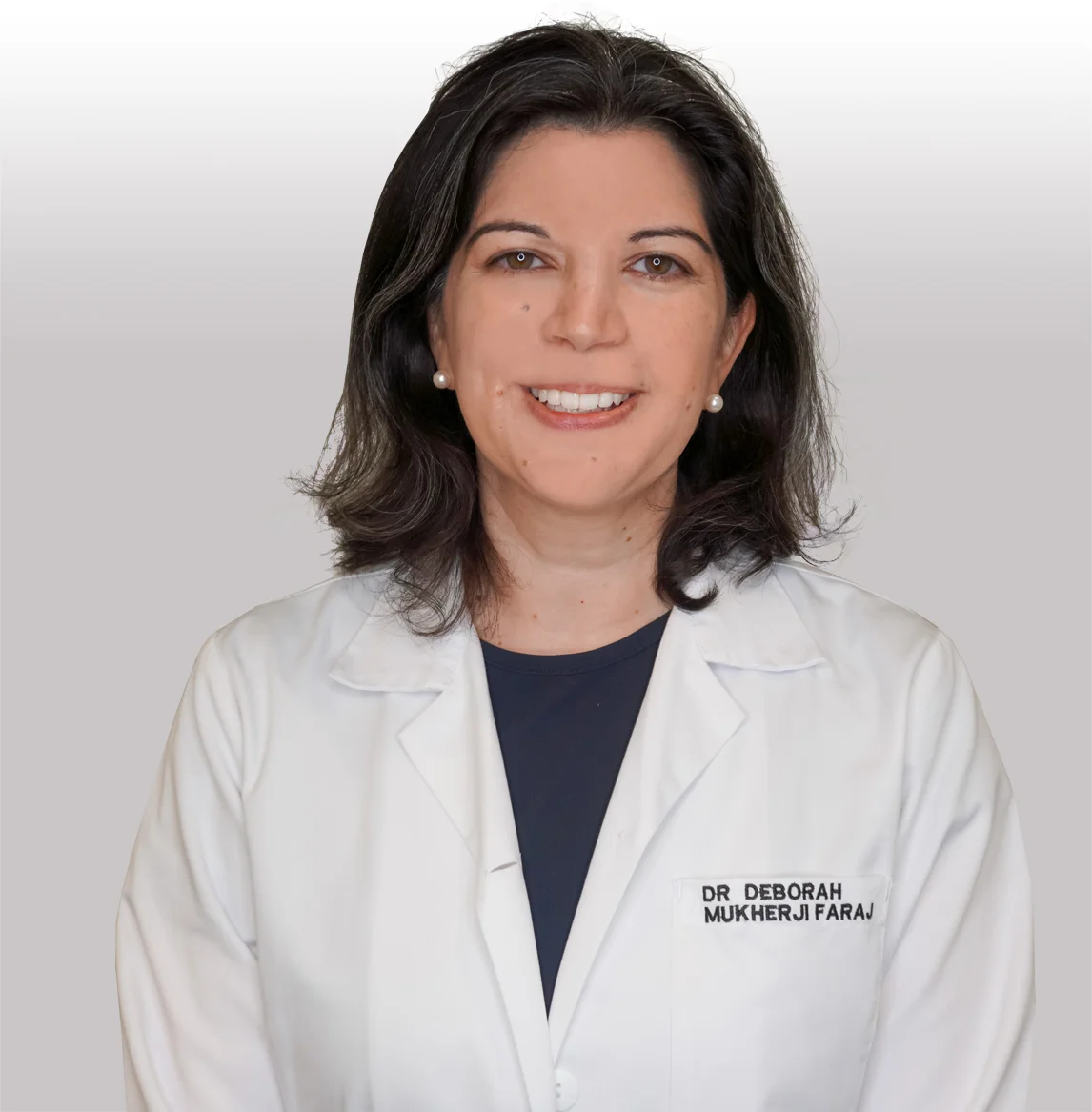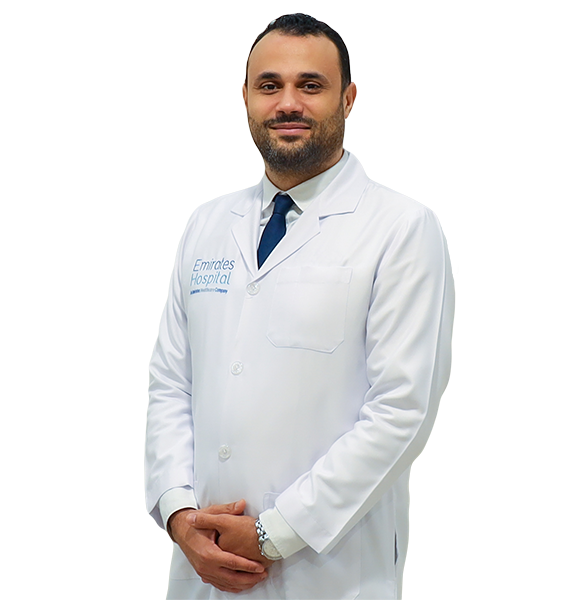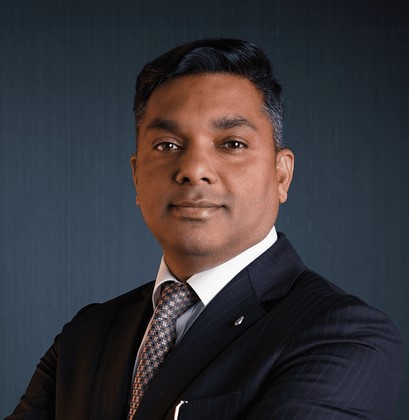
Deborah Mukherji
Clemenceau Medical Center
Dr. Deborah Mukherji specializes in the diagnosis and treatment of various cancers.

Mohamed Elbassyouny Alawy
Emirates Hospital
Dr. Mohamed Elbassyouny Alawy offers expert care in oncology, including chemotherapy and targeted therapies.

Dorai Ramanathan
Al Zahra Hospital
Dr. Dorai Ramanathan brings extensive experience in oncology to provide comprehensive cancer care.
The Complex Journey of an Oncologist
In the world of cells turned rogue, oncologists walk a path filled with nuances and balances. This journey intertwines medical science with deep empathy and relentless pursuit of hope.
The Path to Oncology
Embarking on this path requires years dedicated to learning. Medical school is just the start, followed by residency and specialized training. Each step is shaped by a thirst for knowledge and a drive to conquer cancer’s complexities.
Understanding Cancer’s Many Faces
Cancer comes in many forms. Leukemia, lymphoma, carcinomas, each with its own behavior. Oncologists must understand these diverse presentations, tailoring their approaches to match the unique challenges each type presents.
Advanced Diagnostic Tools
Modern oncology relies heavily on advanced diagnostics. PET scans, MRIs, and biopsies—these tools help in mapping the exact nature of cancers. Each image, each sample, provides crucial insights, guiding the strategy ahead.
The Multidisciplinary Approach
Cancer care extends beyond the oncologist. Surgeons, radiologists, pathologists, all contribute. This multidisciplinary approach ensures comprehensive care, addressing all facets of the patient’s condition with precision and collaboration.
Chemotherapy: A Double-Edged Sword
Chemotherapy, brutal yet necessary. It aims to kill cancer cells but often harms healthy ones too. Balancing efficacy and side effects demands intricate knowledge and careful dose adjustments. Each patient’s response guides the subsequent steps.
The Hope in Immunotherapy
Immunotherapy, harnessing the body’s own defenses. This emerging field offers new hope, enabling the immune system to target cancer cells more effectively. The potential of this intervention continues to expand, showing promise in challenging cases.
Pediatric Oncology: The Tender Approach
Children with cancer require a tender touch. Their treatments must consider not just the disease but their growth and development. Pediatric oncologists blend technical skill with a gentle approach, ensuring these young fighters receive the best care.
Personalizing Treatment Plans
No two cancer cases are identical. Genomic testing and molecular profiling help tailor treatments, making interventions more effective. Personalized treatment plans are the future of oncology, enhancing patient outcomes significantly.
Cultural Sensitivities in Dubai
In places like Dubai, cultural sensitivities significantly influence patient care. Understanding diverse perspectives on health, illness, and treatment is crucial. Oncologists must weave these understandings into their practice, respecting each patient’s background.
Emotional Resonance
The journey with each patient goes beyond medical aspects. Fear of the unknown, hope for a cure, and the emotional rollercoaster of treatments intertwine deeply. Oncologists must provide not only medical care but compassion and empathy.
Managing Side Effects
Side effects vary widely. Nausea, fatigue, hair loss—each patient experiences these differently. Oncologists must manage side effects meticulously, offering support to improve quality of life during rigorous treatments.
End-of-Life Care
Sometimes, the focus shifts to comfort over cure. Palliative care becomes crucial, ensuring the patient’s remaining time is pain-free and dignified. This aspect of oncology requires profound empathy and a gentle approach.
Reflective Practice
Constant reflection drives improvement. Each case, successful or otherwise, offers lessons. This ongoing process ensures oncologists refine their practices, staying at the forefront of medical advancements for better care.
Public Education on Cancer
Raising awareness is part of their role. Educating the public about prevention, early detection, and healthy lifestyles helps reduce the cancer burden. Community outreach and educational programs are vital components of this effort.
Research and Innovation
Oncologists are also researchers. Exploring new treatments, clinical trials, and understanding cancer at a molecular level drive advancements. This research fuels hope, paving the way for breakthroughs in cancer care.
Support Systems
Patients and their families need robust support systems. Counseling, support groups, and therapy are integral parts of comprehensive cancer care. These resources provide emotional and psychological strength, crucial for navigating the cancer journey.
Lifelong Commitment
Oncology is not just a career; it’s a lifelong commitment. Continuous learning, patient support, and pushing boundaries define the journey. It’s a relentless pursuit of knowledge and compassion, aiming to turn the tide in the fight against cancer.
The Silent Impact
Much of an oncologist’s work remains behind the scenes. The impact, however, is profound. Every diagnosis, every treatment plan, every moment of empathy leaves a lasting mark, reflecting a deep-seated commitment to saving lives.
Obstetrics and Gynaecology
Would you also like to access information about Obstetrics and Gynaecology? Obstetrics and Gynaecology is the branch of medicine that focuses on the care of women during pregnancy, childbirth, and postpartum, as well as the diagnosis and treatment of reproductive system disorders, ensuring women’s health throughout their lives.
Obstetrics and Gynaecology